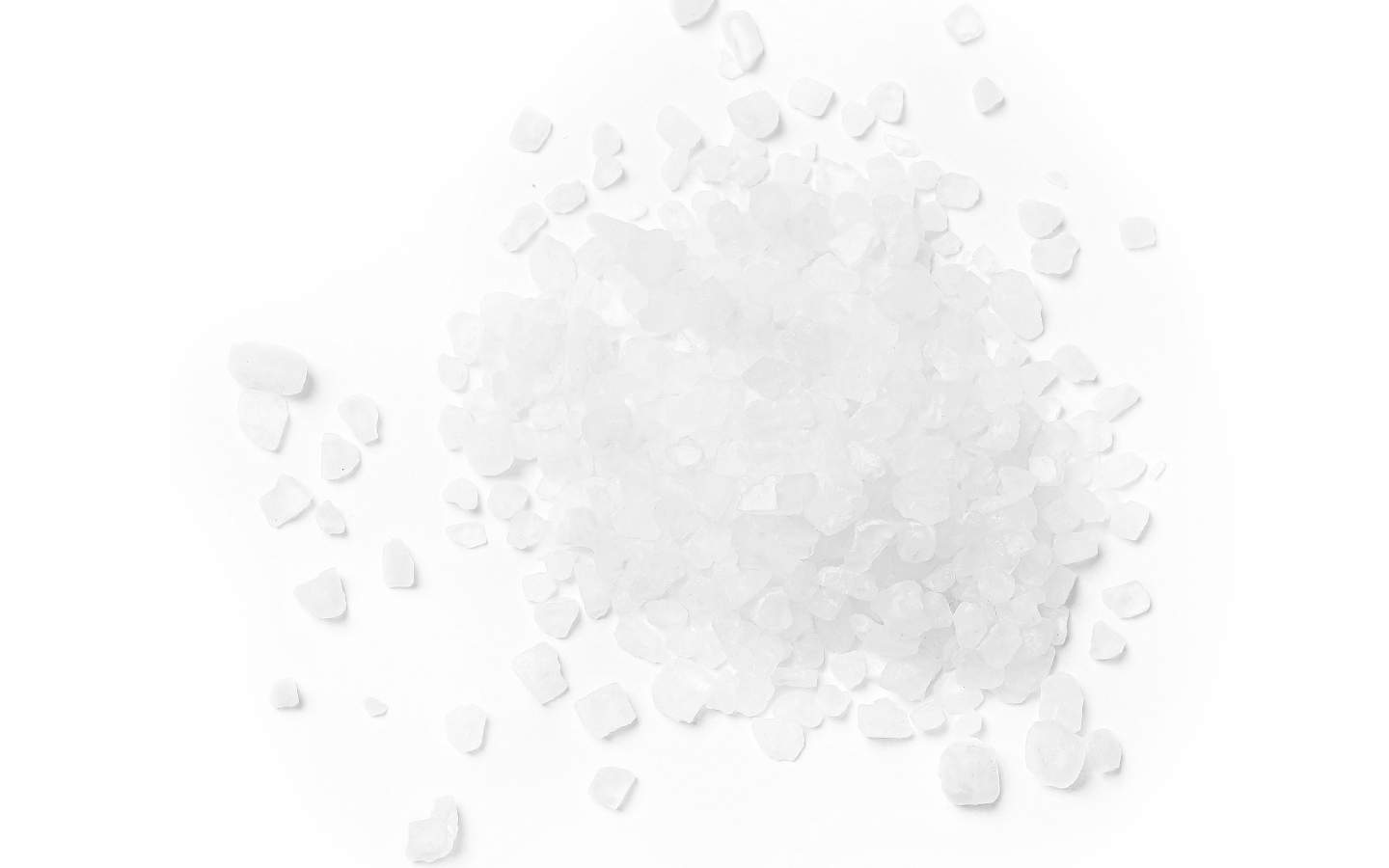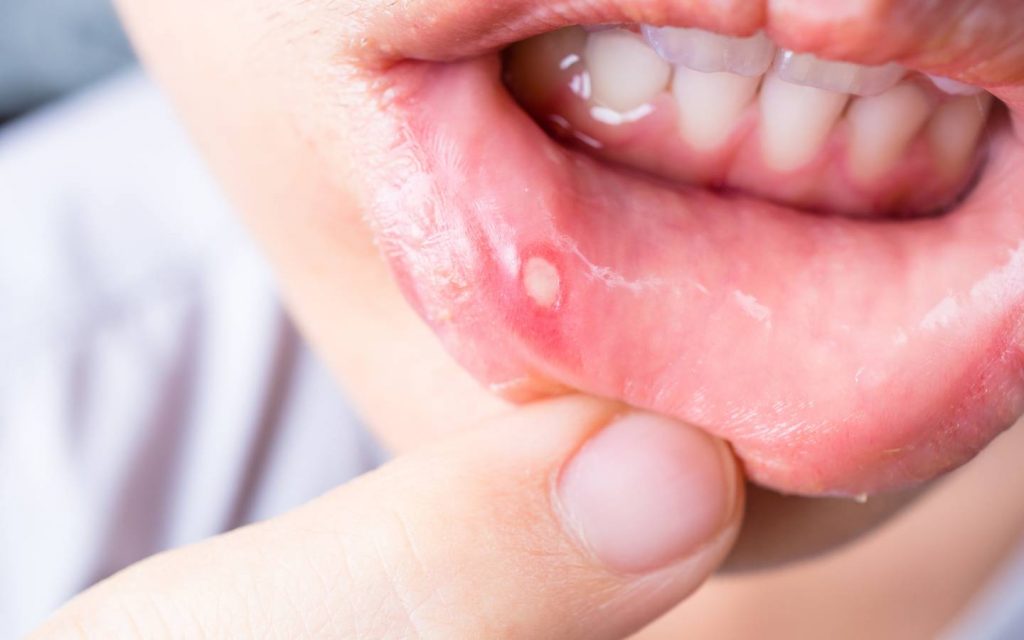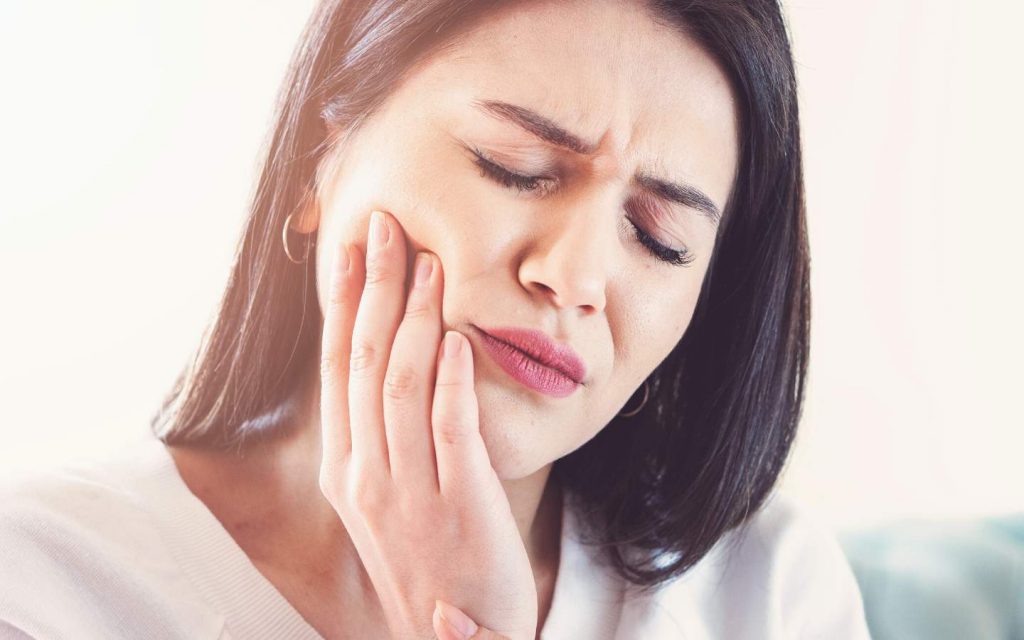

FLUORIDE -
What effect does fluoride have on your dental care?
Is your dental hygiene and the prevention of caries important to you? But you’re wondering what role the controversial ingredient fluoride plays in this and how much fluoride is allowed in your toothpaste? Then you’ve come to the right place. The following text will answer your questions about fluoride.
What is fluoride?
Fluoride is a natural mineral, it is bonded fluorine. The difference between fluorine and fluoride is that fluorine is a chemical element, namely a highly reactive gas. Fluoride belongs to the so-called trace elements. This means that although fluoride is indispensable for the body, it is only needed in very small quantities. It has been known since the 1850s that small amounts of fluoride can have a positive effect on teeth and bones, for example, and thus help prevent caries. For example, in a mouthwash or toothpaste. In very large quantities, however, fluoride can also have a negative effect on the human body.
What is the recommended maximum daily amount of fluoride?
According to legal regulations, the fluoride content in toothpastes for adults and children over 6 years of age must not exceed 0.15% (1500 ppm, parts per million). Overall, experts advise a guideline value of 0.05 mg of fluoride per kg of body weight per day. However, this guideline value includes not only toothpastes and mouthwashes, but also foods and beverages such as fluoridated salt, nuts, etc.
Are there any adverse health effects associated with the use of fluorides?
The dose of fluoride is crucial in this question. In very large quantities, fluoride can be harmful to the body. However, Germany in particular is known as a fluoride deficient area. For example, unlike many other countries, German drinking water does not contain fluoride.
How can fluoride help with dental hygiene?
1. antibacterial effect
Fluoride fights bacteria in the tooth enamel by changing the metabolism of the bacteria and thus preventing them from multiplying. This reduces the production of harmful acids and in this way contributes to the prevention of caries.
2. strengthening the enamel
Fluoride, together with minerals from saliva, builds up and hardens tooth enamel. The enamel becomes stronger, more resistant and more resistant to acid attacks.
3. compensation of mineral loss
Mineral loss can be caused by acid attacks in the tooth enamel. Fluoride dissolves calcium and phosphate ions from saliva, making them available for remineralization of the enamel.











